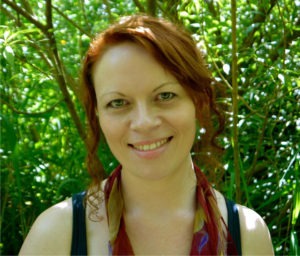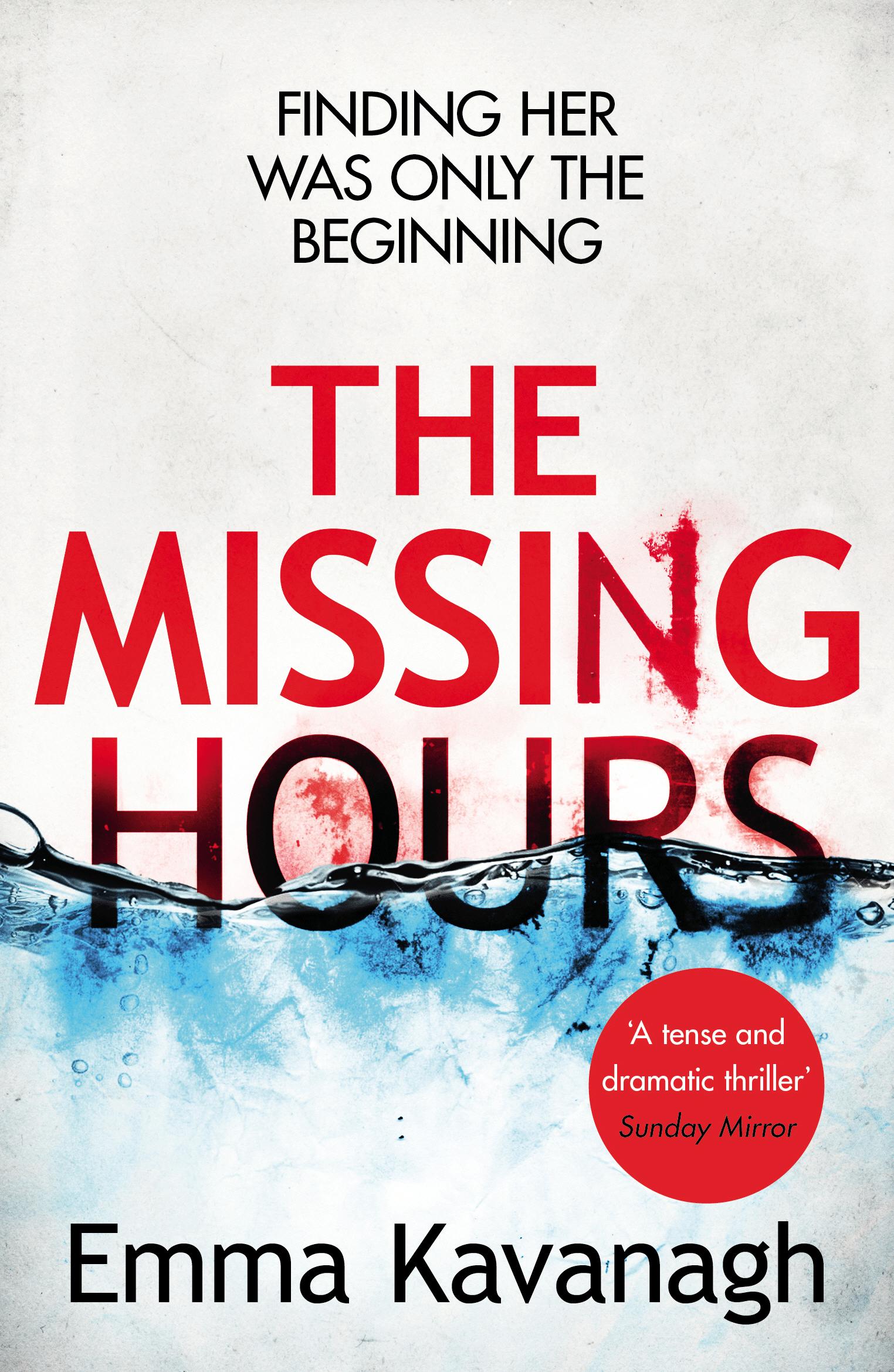Books
24 Hours with Emma Kavanagh
I’ve never really had a normal job – I like that about my life. Ten years ago, I set up my own consultancy firm, travelling the country, offering training to the police and military in the psychology of critical incidents.
Essentially, my role was to provide those who operate on the front lines (firearms officers, commanders, hostage negotiators and body handlers) an understanding as to what their brains and bodies will do when they are faced with a life and death situation. The brain is a fascinating thing. It is an elaborate learning machine, flexible and reactive, but the way it reacts to stress is fundamentally primal, and if people are going to deal with stressful situations appropriately, it is important that they understand these reactions. So that was where I came in. I would travel to police forces and military training sites, and would teach my students what they can expect to experience, why, and how they can deal with it.
Let me give you an example – a firearms officer attends a scene. They have been warned that the subject is armed. At this point, their adrenaline is running high, and their senses are tuned to finding the weapon – the gun that poses a threat to their lives. The officer enters the premises, identifies an individual holding a gun, pointing it straight at them.
Now, let’s pause here. A number of things may well be happening at this point in time for the officer involved. They are likely to experience attentional spotlighting – focusing on the primary source of threat (ie, the gun) and thereby failing to adequately assess the rest of the scene. In all likelihood, the rational part of their brain will be experiencing reduced blood flow, and they will instead by relying on instinct and that training which has been intensive enough to become muscle memory. Their perception of sound, images, may be distorted. And afterwards, once the situation has been resolved, the stress may mean that their memory of events is far from clear.

By teaching officers and commanders about these effects, it enables them to modify their training programmes to take such things into account. It also means that, in the aftermath of a critical incident, when perhaps an officer’s behaviour is raising questions, a greater understanding of it can be reached by considering the way in which the brain would have been operating.
It is difficult to define what an average day would look like, as they all looked very different. Some days involved a stay in a hotel, putting on my suit, and arriving at a police training facility or a conference venue to speak to crowds that ranged from a dozen to a hundred. Some days involved putting on my wet weather gear and heading out into a field or a bustling city centre, as firearms teams practised their drills and ran through scenarios that I had helped to design. My work with NATO took me into Europe – Norway, Spain, Hungary – where I would teach everyone up to four-star Generals. And, on other days, I would work from home, designing courses, writing articles for trade magazines and doing marketing and administration. It was, it must be said, a very interesting job.
I still don’t have a normal job. Now I’m an author. These days I get to use my experiences, and the lessons I have learned from these incredible groups of people, in my writing. I don’t travel like I used to, which as the mother of a toddler is nothing but a blessing, and now my days are far more structured. I get my toddler ready and pack him off to creche or the grandparents, sitting down to write by about 8am. Life very much is a balancing act now, so when I have time to work, I tend to do it very intensively. On a normal day I will write from 8am until 1pm, then will retrieve my son. If I’m lucky, he’ll nap for an hour or two, and then I’ll do any admin that is required, publicity pieces, generally the less brain draining stuff. Then from 2.30pm, I’m all my son’s.
Being a police and military psychologist, and being an author, are two very different jobs, with different demands and advantages. I still miss the camaraderie of working as part of a team, the squelchy joy of running training in the pouring rain, and the black humour that is part and parcel of that world. But writing – that is joy itself. Even the hard parts, the mind-crunchingly exhausting parts, there isn’t a single part of it that I would change. It is simply what I was always meant to do.
Read the Book:



Please note: Moderation is enabled and may delay your comment being posted. There is no need to resubmit your comment. By posting a comment you are agreeing to the website Terms of Use.